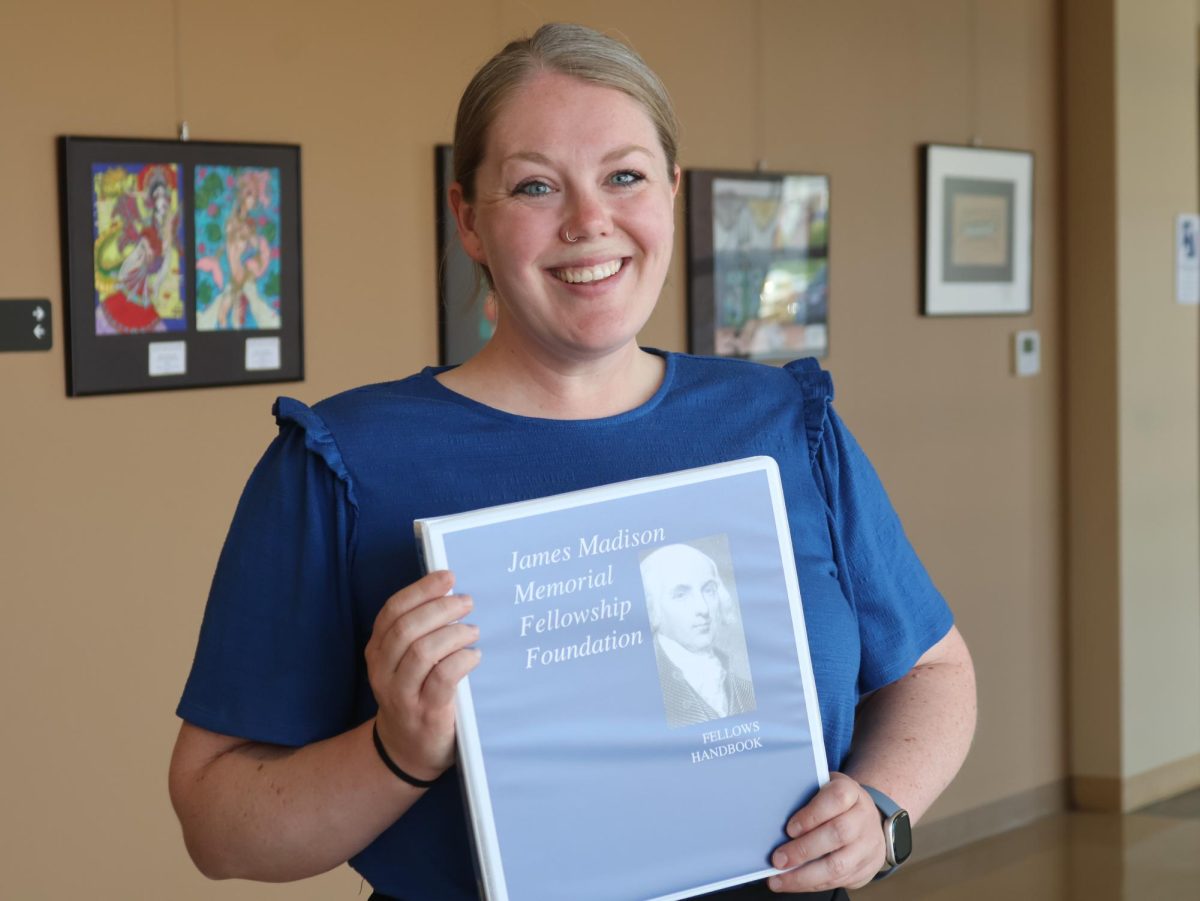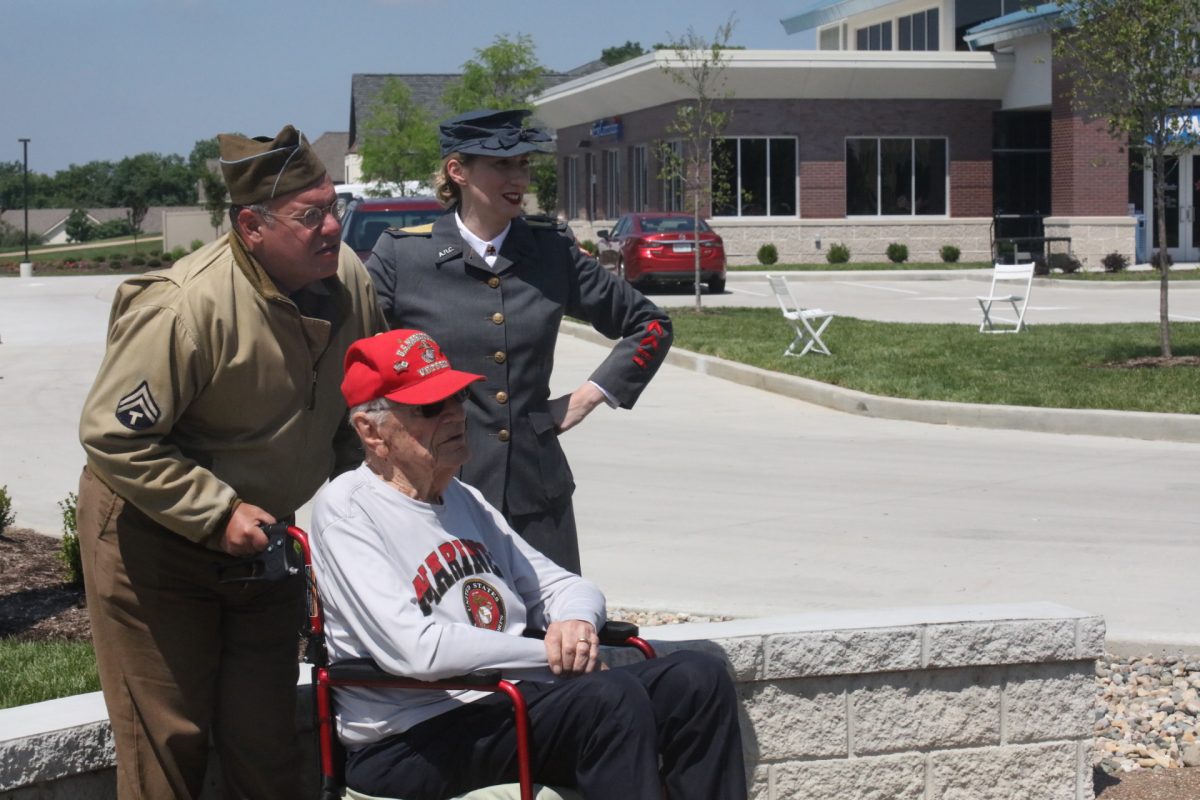The Mehlville Fire Protection District Board of Directors will appeal a state panel’s decision rejecting the board’s request to move captains from the bargaining unit represented by Local 1889 of the International Association of Fire Fighters into management.
The Board of Directors voted unanimously during a Dec. 30 closed session to appeal the State Board of Mediation’s decision to the St. Louis County Circuit Court.
In its decision, the State Board of Mediation concluded that the duties of the district’s captains had not changed to a sufficient degree to merit removing them from the bargaining unit.
The MFPD board voted unanimously in April to file the petition with the State Board of Mediation after Chief Tim White proposed improving the district’s chain-of-command structure by moving captains from the bargaining unit represented by Local 1889 into management.
Twenty-four captains would have been affected if the petition had been granted by the State Board of Mediation, including four members of Local 1889’s Executive Board — Capt. Nick Fahs, president; Capt. Steve Strobl, vice president; Capt. Mike Yemm, secretary; and Capt. Dave Waser, sergeant at arms.
After the MFPD Board of Directors voted to file the petition with the State Board of Mediation, Fahs predicted it would be rejected.
On Sunday, Fahs told the Call, “… I knew we would win.”
The State Board of Mediation for decades has used the same six criteria to determine supervisory status, Fahs said.
Among those criteria are:
The authority to effectively recommend the hiring, promotion, transfer, discipline or discharge of employees.
The authority to direct and assign the work force, including a consideration of the amount of independent judgment and discretion exercised in such matters.
The number of employees supervised and the number of other persons exercising greater, similar and lesser authority over the same employees.
The level of pay, including an evaluation of whether the person is paid for his or her skills or for his or her supervision of employees.
“… What this really boils down to is this is a result of zero communication …. because I knew we were never going to lose because it was never even a close call in my opinion because we didn’t meet the laid-out things — so our members paid for this out of their own pocket because we have to defend it and the taxpayers paid their attorney to fight it,” Fahs said. “And if we could have just sat down with this board before it started, I would have showed them the six issues. I would have said … Transfer is one of them. We don’t transfer.
“Do we discipline? We discipline at a very minimal level but the supervisor above me can overturn or worsen my discipline. So if that’s the case, I truly don’t have the final say in the discipline. Not that there doesn’t need to be discipline, but if someone over me controls what I do, then they ultimately have the right to discipline. We have nothing to do with hiring …”
In the petition filed with the State Board of Mediation, the district’s legal counsel, Mathew Hoffman, wrote, “The Mehlville Fire Protection District seeks unit clarification with regard to the position of ‘captain.’ The issue is whether the job classification of ‘captain’ within the district is a supervisory position.
“It is the position of the employer that the job classification of ‘captain’ is supervisory in nature and thus should not be included in the bargaining unit … ‘Captains’ are immediate supervisors of firefighters and they are responsible for seeing that the daily routine is completed. ‘Captains’ exercise supervision over subordinate personnel and have the authority to recommend discipline pursuant to the Rules and Regulations of the Mehlville Fire Protection District.
“‘Captains’ are also responsible for building maintenance and the equipment within the firehouse. They are responsible for incident-scene management and it is the ‘captain’ that answers public questions and inquiries while at the incident scene. The rate of pay is higher and ‘captains,’ as supervisors, wear a white shirt with a gold badge,” Hoffman wrote.
The State Board of Mediation is comprised of five members: a full-time chairman; two who are employers of labor or selected from an association representing employers of labor; and two who are employees holding membership in a bona fide trade or labor union. The chairman serves as the neutral party and is neither an employee nor an employer of labor. Former state Rep. Jim Avery serves as chairman.
“We won the management vote. It wasn’t a split decision. There was no dissension in the ruling,” Fahs said. “I think that the only people that are winning in this are attorneys and the difference is we have to pay for our attorney out of our own pockets.
“Our members have to take it out of their checking accounts and the district uses the taxpayers to pay for their attorney’s fees. I wish we could sit down with them (the MFPD board). I wish I could just tell them what I told you …”
Fahs said he was unaware of the appeal until he was informed by the Call of the board’s vote, but believes Local 1889 will prevail.
“It’s not necessarily an opinion. It is do we meet the six criteria and we don’t,” he said. “And in fact, when the (state) board says that they have to go out on their own to try to find the facts because the district didn’t present any factual changes, I think that’s so telling … We are very confident that we will prevail and it is sad that this is the end result of a total breakdown — I don’t want to say breakdown. You know, I think it’s obviously someone’s intent to have no communication.”
The state panel wrote, “Although the district has not focused on changes in the duties of its captains, the (state) board has set out in its Findings of Fact the changes in those duties as reflected in the record and has considered whether or not those changes substantially alter the basic nature of that position.”
Noting the state panel concluded “that the duties of the district’s captains have not changed to a sufficient degree to merit removing them from the bargaining unit,” MFPD board Chairman Aaron Hilmer told the Call, “That’s certainly not what we even asked them and that’s why I was pretty confident going into this that we would not get the decision we wanted in this first round and that’s why the board voted unanimously to appeal it. In 1991, the union and the board, who were always one, asked the mediation board to approve that. And so the mediation board said nothing’s really changed since ’91. We didn’t ask them that.
“We said: Do their job duties mean they’re a manager? And they sidestepped the whole question. So we are really looking to our day to take it to the Circuit Court in St. Louis County to appeal it because quite frankly if someone would take some time and look back at previous decisions rendered by this Board of Mediation, they’re ignoring all their previous case law and decisions. And that’s what we cannot wait to show.”







